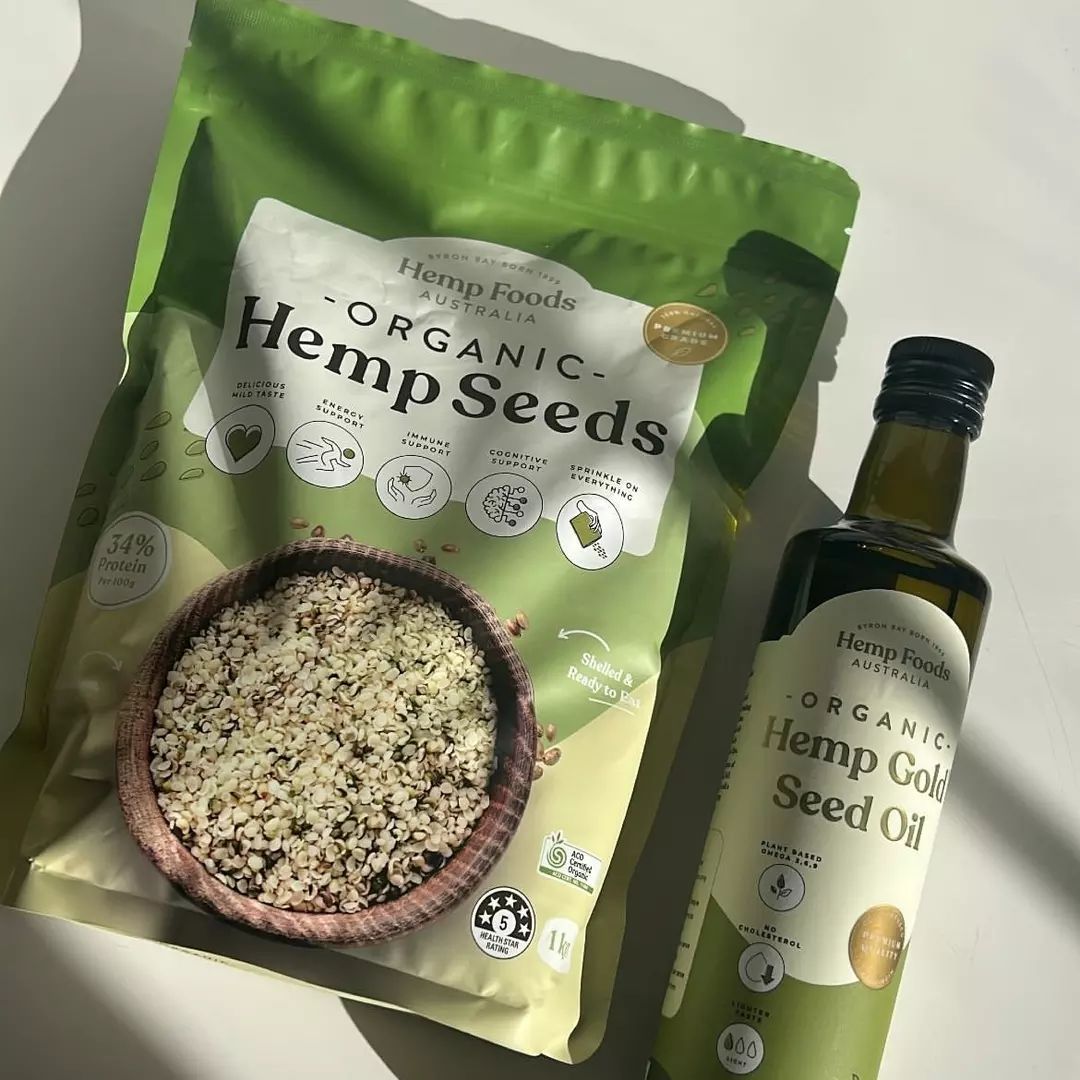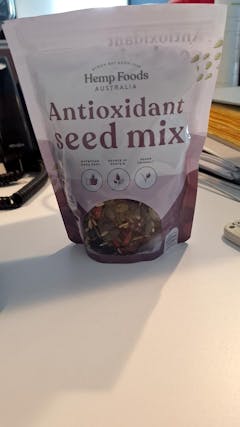I was very happy with the price, prompt delivery, product, and the complimentary packs of seed mixes. Thank you
This is the perfect morning pre workout drink or evening snack after dinner. Blends into a creamy beverage hot or cold! I love it! Great flavour. Well done Hemp foods :)
I ordered the Vegetable broth and the No chicken broth , I love it ! The taste is gentle & amazing and I feeling very satisfied after. Easy to digest.
Thank you for the good product! 👏🏻👏🏻🙏
I was a little unsure whether to try this product or not as I am generally not a fan of Chai tea, however I found this Chai to be not overpowering with spices and it turned out to be a delicious drink, a nice change from the usual teas or coffee.
Great amino acid profile for repair and maintenance of the body
Thank you








































